Interview with Bruce Crawford
KGG: When was your first encounter with Bernard Herrmann’s music?

Bruce Crawford: My first encounter with Herrmann’s music was when at the age of 5 or 6 I saw Mysterious Island at a large (70ft. widescreen) theater and was so impressed with the music, that I asked my parents where the music came from. I couldn’t yet read, and they told me it was Bernard Herrmann conducting the London Symphony Orchestra. I was absolutely haunted by the score, primarily the opening music, just incredible. I felt even then at that age, that I must some how know this person or at least know more about this person, just a driven feeling, a connection or something had been established. I might add that the same feeling was evident also for the special effects, by Ray Harryhausen, just a need to convey my deepest admiration for this work, I can’t really explain it any other way.
KGG: Did you ever have a chance to meet Herrmann?
Crawford: No, but I did speak with him over half a dozen times. He called me when I was 17 years old, after responding to a letter I wrote him. He was staying at his brother Louis’ home in NYC and he called information to obtain my number!
We discussed of course, music, his music and the new and upcoming recordings, and about life in general, my life here in the midwest of the USA and my other interests and how I got interested in his music at such a young age. I asked him, “Why did you call me?!!,” to which he replied, ” I could read between the lines” , Of course referring to the letter I wrote him!
Something I will never forget.
Since that time I became good friends with Louis and his wife Ruth, and Ruth and I are very good friends to this day.
KGG: How did you come up with the idea of doing a documentary on Herrmann, and why did you choose radio?

Crawford: I thought about doing a salute to Herrmann as far back as 1985, and considered doing a small retrospective for public radio and then only locally. It was several years later that I finally decided that I needed to do something, because nothing really was happening, at least media wise. So I contacted several stations in the area, with no results, and before deciding to look elsewhere I contacted KIOS public radio, here in Omaha, Nebraska and talked with station manager Bob Coate, we hit it off right away, and he was a Herrmann fan! So that made my pitch much easier. We decided to get back together in 6 months, he was too busy at the time, so we scheduled a meeting and finally met, and we began doing the first interviews 2 weeks later! I thought that radio was the perfect medium to showcase Herrmann. First of all you have far more freedom than video, very little in the way of time constraints, whole cuts of music can be played, and the non film music sections don’t need or have any visual image to show to begin with, like you would with a film score. But mostly it is the greater freedom that radio allows and of course Herrmann really got his start in radio!
KGG: There’s an extensive amout of key people featured in the documentary. Were these interviews specially made for the documentary, or were they taken from other sources?
Crawford: All of our interviews were originally done for this documentary, Bob and I spent several long hours interviewing all of the guests, in fact some interviews didn’t make the final cut at all! The reasons behind that are mostly technical, bad sound or audio glitches etc, but nothing that wasn’t vitally important or was redundant to begin with. We had a great time speaking with many of the guests, listening to there anecdotes was a priceless experience.
KGG: There’s a broad range of Herrmann’s music represented (film, radio and concert music), and some are let to play uninterrupted for many minutes. Was this a key concept of the project?
Crawford: Yes, we had planned to use very long and sometimes complete sections of music, for example, the Symphony, the Finale is complete and the month of May from the Fantasticks, and much of the film scores, we used complete cues. The point behind this was to not only talk about Herrmann and his music but to play the music, music should be heard! That is absolutely fundamental to the reason for the show to begin with.
KGG: In 1988, not much information was easily available on Bernard Herrmann. How did you go about researching for the documentary, and what sources were available?
Crawford: The research for the documentary was mostly the many years of phone corresponding with the Herrmann family and many of the people who knew or worked with Herrmann. Also the film music books of Tony Thomas were helpful and the informative liner notes by Chris Palmer were always filled with great information.
KGG: When did you start working on the project?

Crawford: We started on the production in June 1988 with our first interview, and we completed the last edit on December 22nd 1988. The interview process lasted over 6 months alone, and then 10 days of technical work were needed for the final edit of the show. The premiere broadcast was only a local one here in Omaha, Nebraska USA. On December 23rd 1988, only one day after the final touches were completed! In November 1991 it was uplinked to the National Public Radio extended services satellite and made available to all 400 stations in the USA. Many of the stations have archived it on DAT (digital audio tape) and they consistently rebroadcast it every year. It has most certainly introduced Herrmann to many, many people who would have otherwise never heard of him or his music, it has given Herrmann his greatest exposure to the general public, and continues to do so.
KGG: Do you know if the documentary has ever been broadcast outside the US?
Crawford: Yes, it has just recently been broadcast in Australia, and I believe in England too. But there are some countries yet to hear it.
KGG: Is is still available to radio stations?
Crawford: Yes, many have archived it in DAT (digital audio tape) and minidisc and it is routinely rebroadcast, especially during the week of the Academy Awards and during public radio fundraising time!
KGG: Have you received much feedback from listeners?
Crawford: Yes we have heard from many people all over the United States. Producer Bob Gale, (Back to the Future) heard a broadcast in Los Angeles, and wanted copies for himself and his friends Robert Zemekis and Steven Spielberg! Author Robert Bloch (Psycho) loved the program, and just everyday listeners to public radio have written and called about their interest and love for the program.
KGG: One last question, what’s your favourite of Herrmann’s compositions?
Crawford: My favorite? That’s a hard one to answer, it depends on the mood I’m in, for example, Mysterious Island is so visceral and majestic, the score that got me “hooked”, and Fahrenheit 451 is so moving and intense and romantic, along with [The Ghost and] Mrs. Muir and Obsession. I would say those 4 scores, for me, are my favorites. It’s really hard to pick a favorite, but as far as what I really enjoy hearing the most, those scores are the ones that do it for me. And for non film music, the Symphony I would regard as his masterwork. I love the whole piece, but the finale is truly a triumph and a celebration of life, hence the title for my production.
Bruce Crawford has also produced the radio documentary Ben-Hur: The Epic Film Scores of Miklós Rózsa and is otherwise known for his special film screenings in Omaha, Nebraska.
From e-mail conversations January-April 1999. Special thanks to Jim Rodkey.
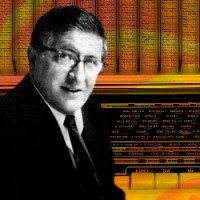
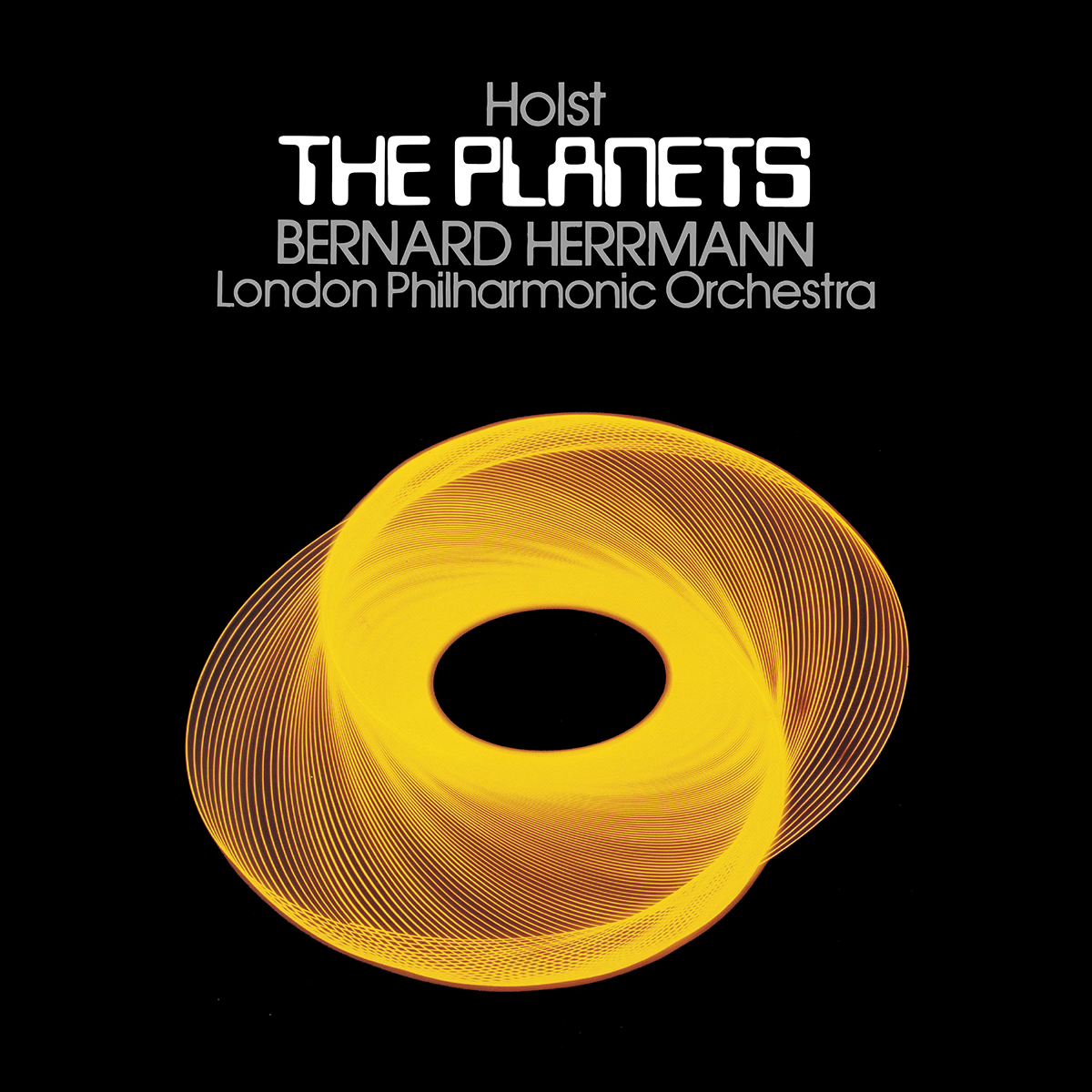
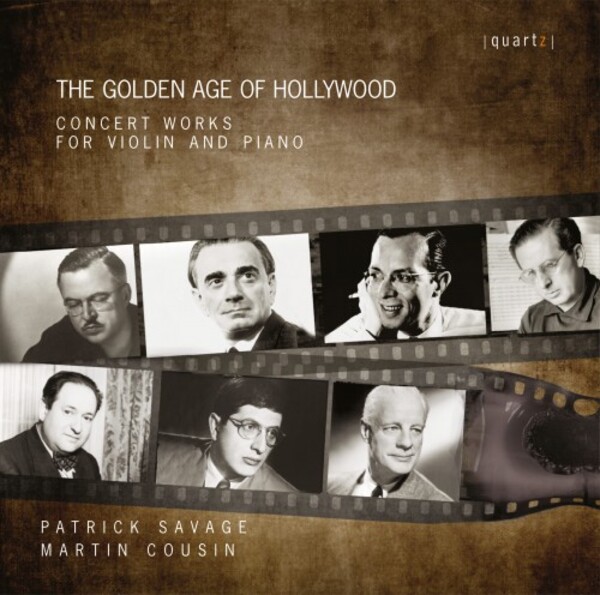
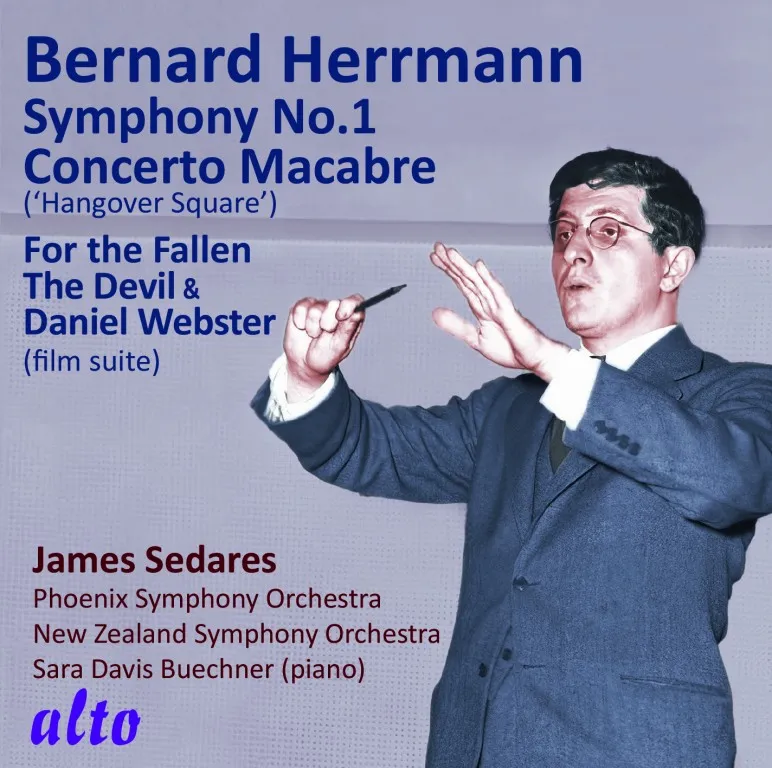
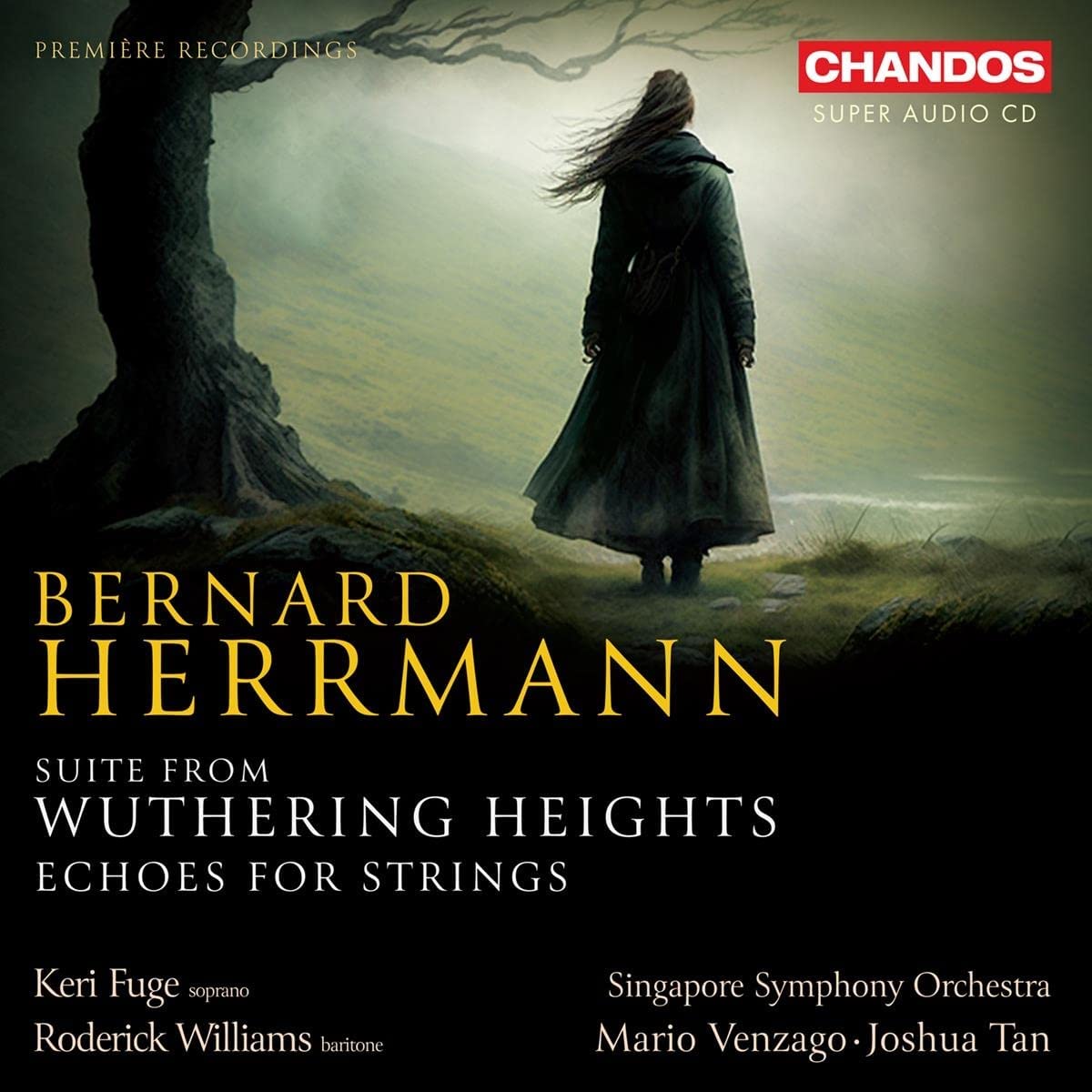
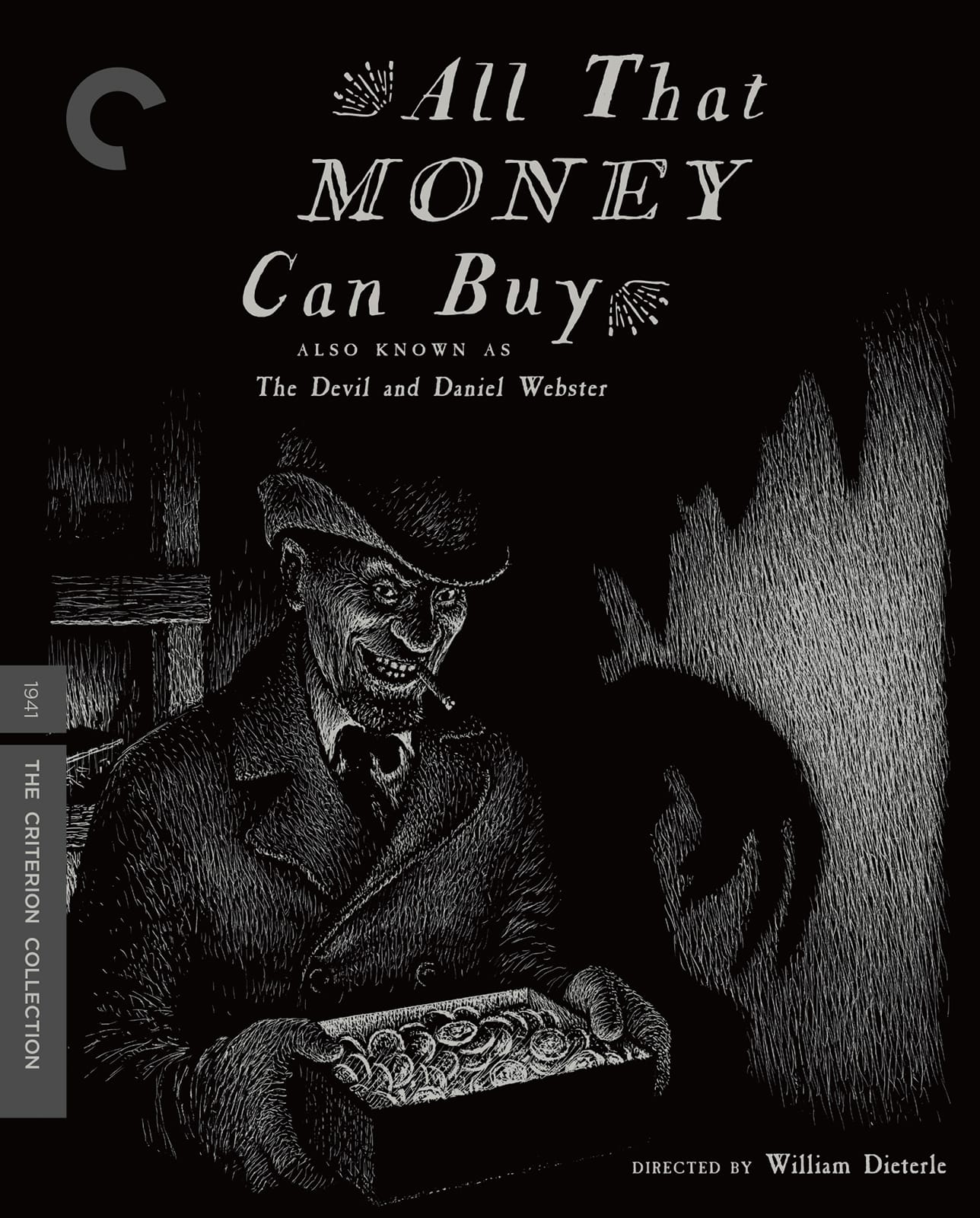
![The Man Who Knew Too Much – 4K restoration / Blu-ray [A]](http://www.bernardherrmann.org/wp-content/uploads/2023/11/TMWKTM-4K.jpeg)
![The Bride Wore Black / Blu-ray [B]](http://www.bernardherrmann.org/wp-content/uploads/2023/07/BrideWoreBlack.jpeg)
![Alfred Hitchcock Classics Collection / Blu-ray [A,B]](http://www.bernardherrmann.org/wp-content/uploads/2020/07/AHClassics1.jpg)
![Endless Night (US Blu-ray) / Blu-ray [A]](http://www.bernardherrmann.org/wp-content/uploads/2020/03/EndlessNightUS.jpg)
![Endless Night (UK Blu-ray) / Blu-ray [B]](http://www.bernardherrmann.org/wp-content/uploads/2019/12/ENightBluRay.jpg)